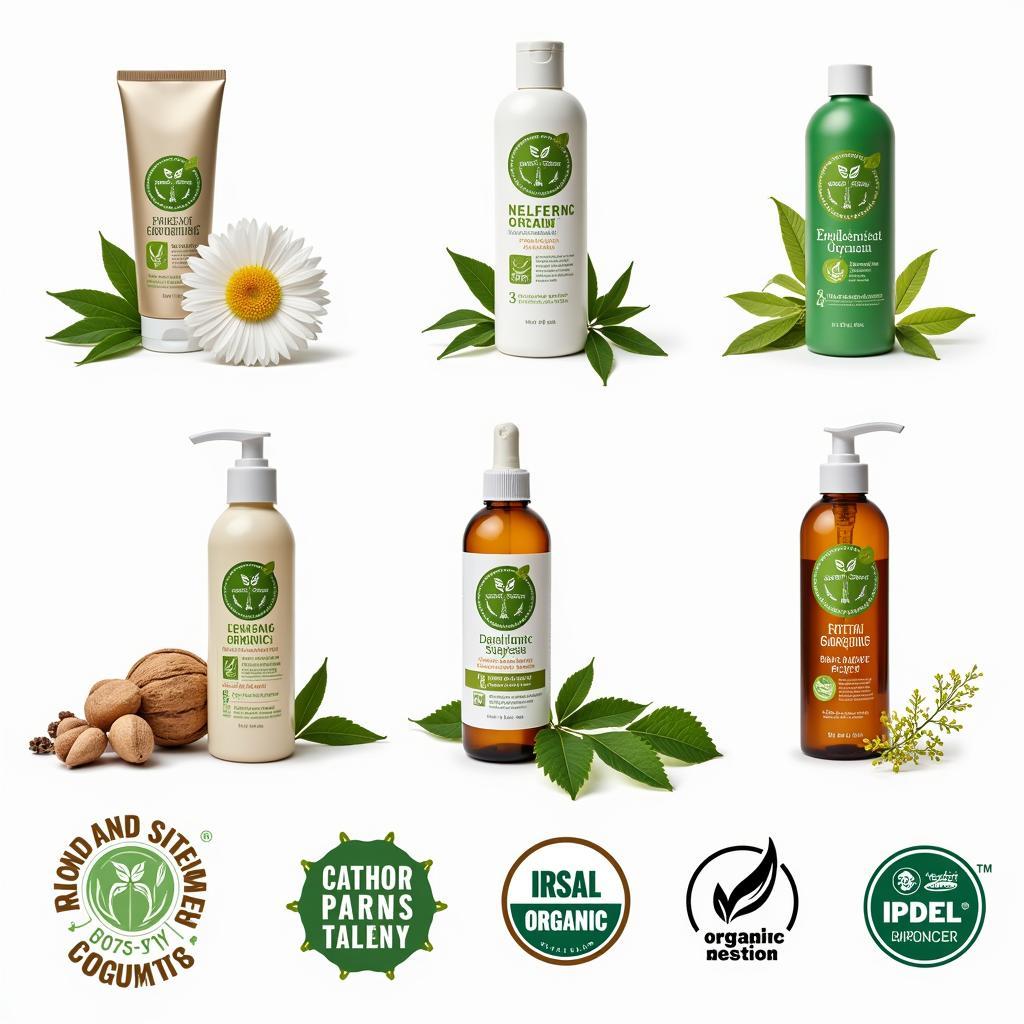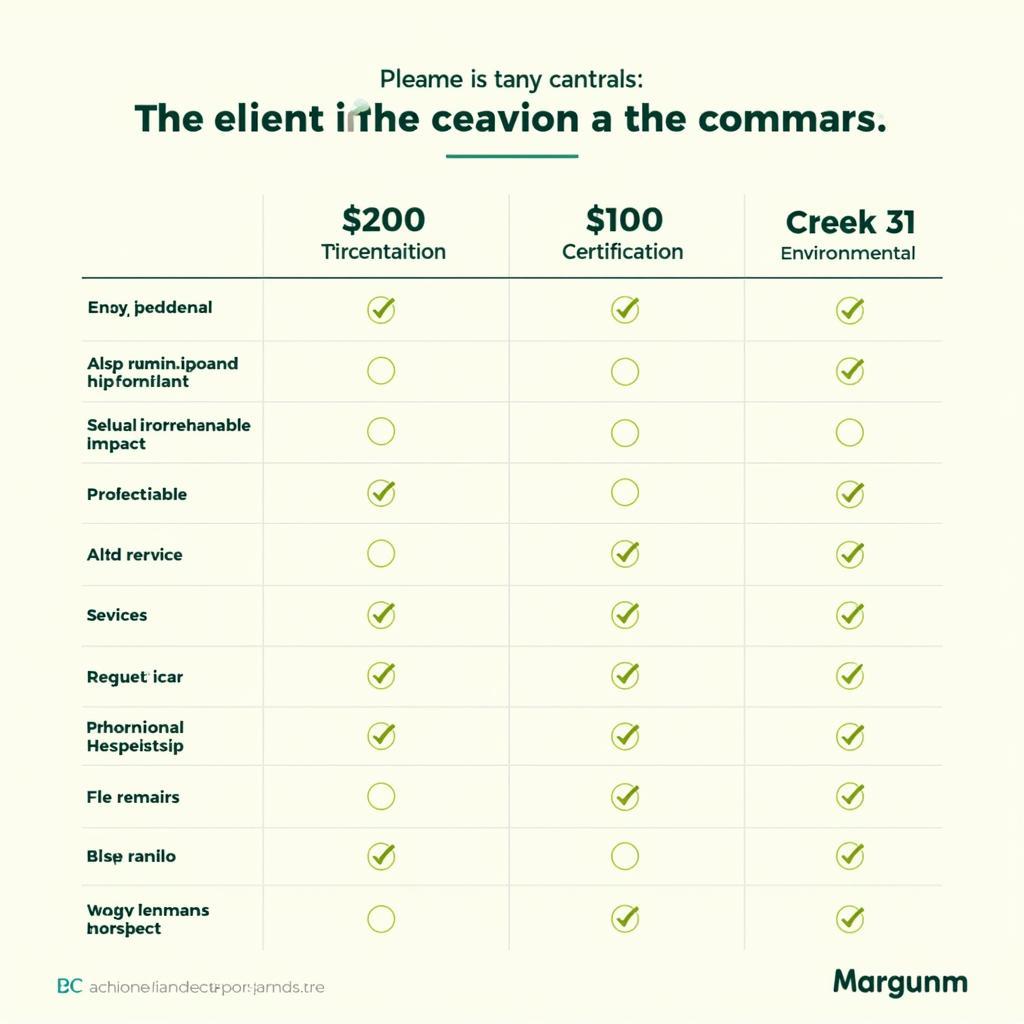Natural and organic cosmetics have become increasingly popular, but what exactly sets them apart? Many consumers are confused by the terms “natural” and “organic,” often using them interchangeably. Understanding the key differences between these two categories is crucial for making informed choices about your skincare and beauty routine.
Decoding “Natural” in Cosmetics
The term “natural” in cosmetics is loosely defined, lacking strict regulations and certifications. Generally, natural cosmetics are made with ingredients derived from plants, minerals, or animals. However, this doesn’t guarantee the absence of synthetic ingredients. Some natural cosmetics might still contain preservatives, stabilizers, or other synthetic additives to enhance shelf life or improve texture. Essentially, “natural” suggests a focus on ingredients sourced from nature, but it doesn’t guarantee a completely pure or organic formulation.
Understanding “Organic” Cosmetics: Certified Purity
Organic cosmetics, on the other hand, adhere to stricter standards. They are made with ingredients grown without the use of synthetic pesticides, herbicides, or fertilizers. Certified organic cosmetics are regulated by organizations like USDA Organic, which require a specific percentage of organic ingredients in the product. This certification guarantees a higher level of purity and minimizes exposure to potentially harmful chemicals. Choosing organic cosmetics signifies a commitment to both personal health and environmental sustainability.
 Mỹ phẩm thiên nhiên và hữu cơ: Sự khác biệt
Mỹ phẩm thiên nhiên và hữu cơ: Sự khác biệt
Natural vs Organic: Key Differences at a Glance
While both natural and organic cosmetics aim for a cleaner approach to beauty, their core differences lie in ingredient sourcing, processing, and certification. Organic standards are more rigorous, ensuring a higher level of purity and sustainability. Here’s a quick comparison:
- Ingredient Sourcing: Natural cosmetics prioritize ingredients from natural sources, while organic cosmetics require certified organic ingredients grown without synthetic chemicals.
- Processing: Organic standards also regulate the processing methods used in cosmetic production, minimizing the use of synthetic additives and preservatives.
- Certification: Organic cosmetics are often certified by reputable organizations, ensuring compliance with strict standards. Natural cosmetics lack a unified certification system.
Is Natural Always Better Than Conventional?
Not necessarily. While natural ingredients can be beneficial, the “natural” label doesn’t automatically equate to safety or efficacy. Some natural ingredients can cause allergic reactions or skin irritations. It’s crucial to research specific ingredients and choose products that suit your individual skin type and needs.
 Chọn lựa mỹ phẩm phù hợp
Chọn lựa mỹ phẩm phù hợp
Is Organic Always the Best Choice?
Organic cosmetics generally offer a cleaner and more sustainable option. However, they can be more expensive than conventional or natural alternatives. Furthermore, the availability of certified organic cosmetics might be limited in some regions. Ultimately, the best choice depends on your priorities, budget, and accessibility.
Expert Insights on Natural and Organic Cosmetics
“Consumers are increasingly seeking transparency and sustainability in their beauty products,” says Dr. Nguyen Thi Huong, a leading dermatologist in Ho Chi Minh City. “Understanding the nuances between natural and organic cosmetics empowers them to make informed decisions aligned with their values.”
Navigating the World of Natural and Organic Beauty
The growing demand for natural and organic cosmetics reflects a shift towards conscious consumerism. By understanding the distinctions between these categories, you can navigate the beauty market with confidence, choosing products that align with your personal values and health goals.
Conclusion
Choosing between natural and organic cosmetics ultimately depends on your individual needs and priorities. While “natural” suggests a focus on naturally-derived ingredients, “organic” guarantees a higher level of purity and adherence to strict standards. By understanding these key differences, you can make informed decisions that benefit both your skin and the environment. Remember to research ingredients and choose products that align with your values and skincare goals.
 So sánh mỹ phẩm
So sánh mỹ phẩm
FAQs
- What does the USDA Organic seal mean on cosmetics? It signifies that the product contains at least 95% organically produced ingredients.
- Are natural cosmetics always hypoallergenic? No, natural ingredients can still trigger allergic reactions.
- Are organic cosmetics more expensive? Generally, yes, due to the higher cost of organic ingredients and production processes.
- Where can I find certified organic cosmetics? Health food stores, specialty retailers, and online marketplaces.
- Do natural cosmetics have a shorter shelf life? Not necessarily, but some may require specific storage conditions.
- Are all natural ingredients safe for skin? No, some natural ingredients can be irritating or cause allergic reactions.
- Is it worth paying more for organic cosmetics? It depends on your personal values and budget. Organic cosmetics offer a higher level of purity and sustainability.
Mô tả các tình huống thường gặp câu hỏi.
Khách hàng thường băn khoăn về sự khác biệt giữa mỹ phẩm tự nhiên và hữu cơ, giá cả, hiệu quả và nơi mua sản phẩm.
Gợi ý các câu hỏi khác, bài viết khác có trong web.
Bạn có thể tìm hiểu thêm về các thành phần mỹ phẩm, cách chăm sóc da đúng cách và các sản phẩm làm đẹp khác trên website của chúng tôi.